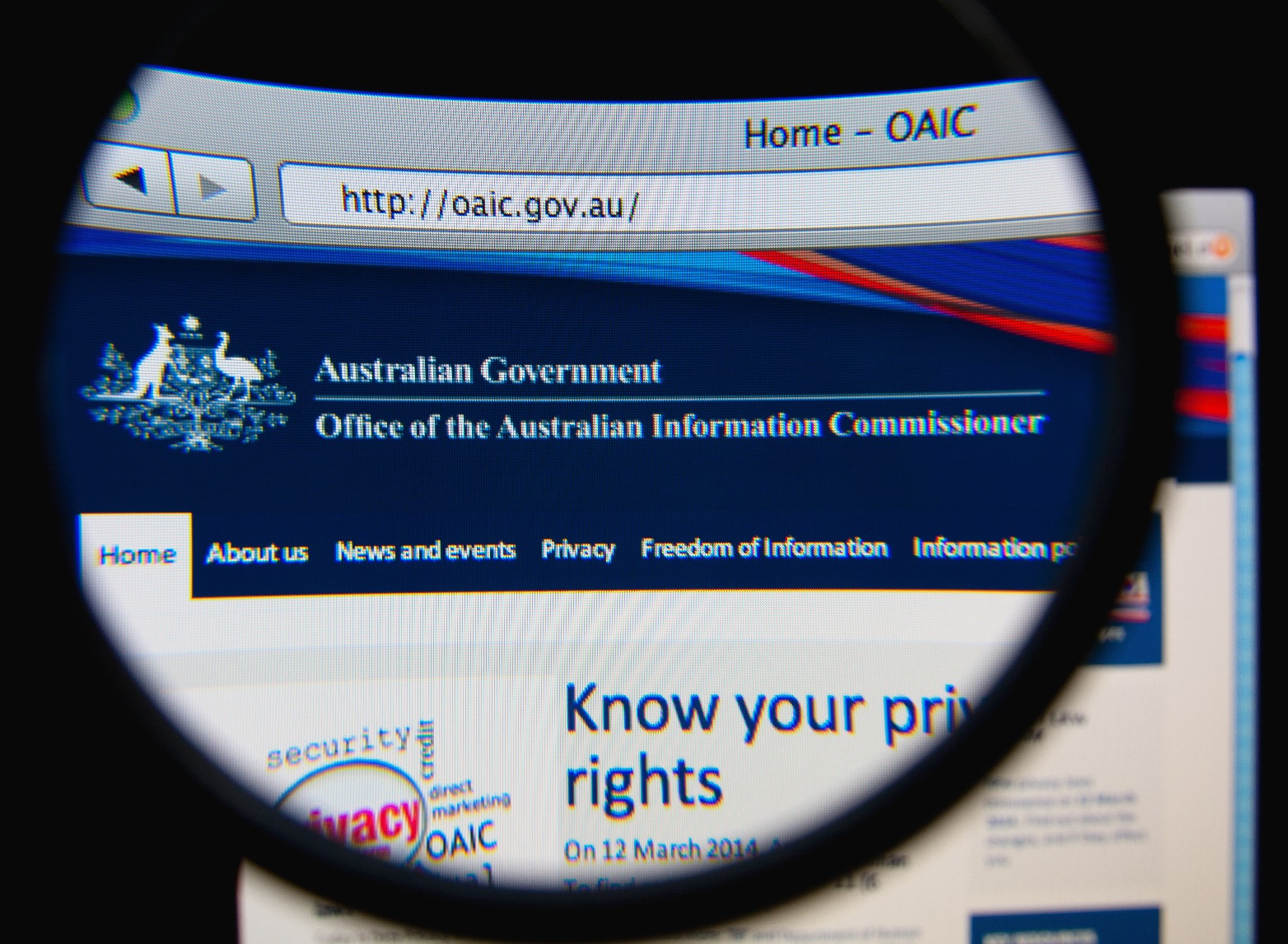Since 2020, the Australian Competition and Consumer Commission has introduced amendments to the Competition and Consumer Act 2010 which enable consumer data information to be shared, in order to facilitate the process known as open banking.
At present, Consumer Data Right legislation solely relates to information held by banks and energy companies. It is anticipated that there will be a further and more significant roll out of legislation impacting the wider financial sector, as well as other sectors within the economy, in the next several years.
Holman Webb Lawyers is currently assisting broker groups, aggregators and software providers in relation to banking Consumer Data Right requests, and is similarly advising accredited data recipients with respect to their entrance into the financial services area, to enable applications for consumer credit.
The process surrounding the release of Consumer Data Right information is developing rapidly, as new technology emerges. There are privacy concerns relating to the management of this information, with detailed legislation and systems having been introduced to enable this information management to occur.
This article provides a brief analysis of the legislative process. Readers should note that there will undoubtedly be further change, as the Consumer Data Right process gains traction.







